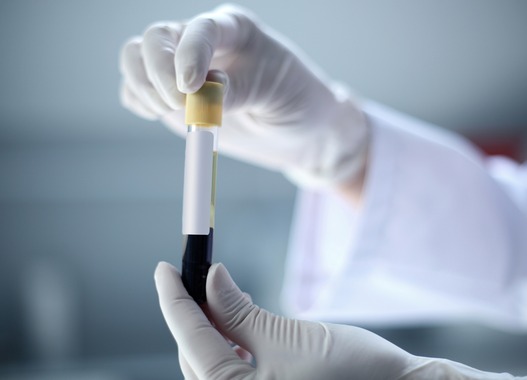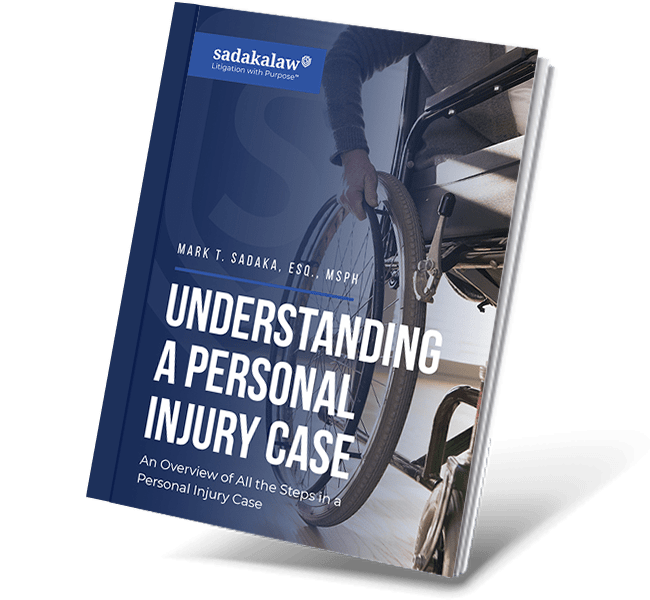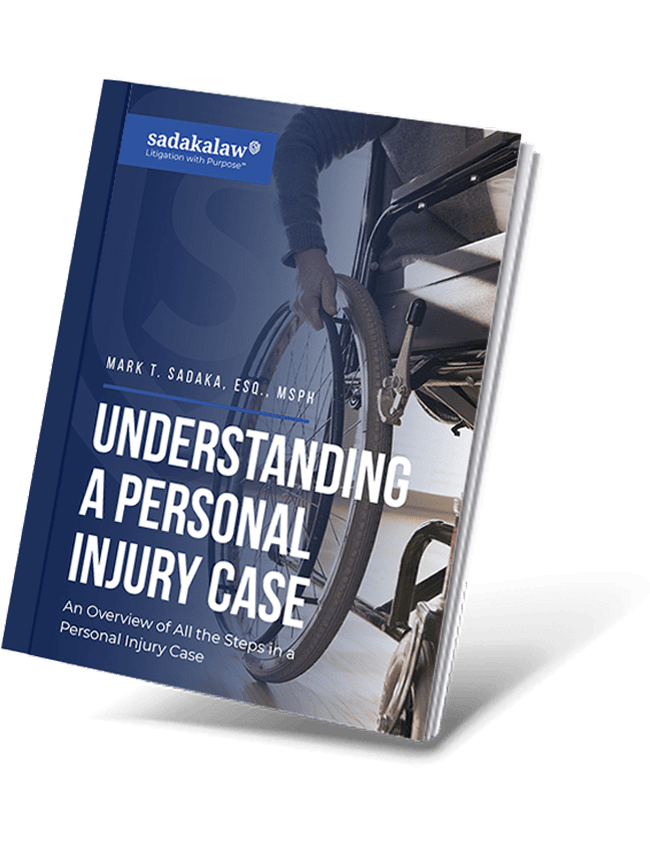
It’s been 20 years since a fine was levied against Hasbro for engaging in false advertising. Hasbro had claimed that their popular Playskool toys, which had been treated with an antimicrobial substance called triclosan, could safeguard the health of children. The use of triclosan and 18 other potentially harmful chemicals in hand soap and other antimicrobial washes were subsequently banned by the Food and Drug Administration.
According to the FDA, the manufacturers were unable to demonstrate that the chemicals are safe and effective. It was determined that the hand soaps and other antimicrobial products posed an unacceptable risk to consumers and the environment. Triclosan has been linked to the development of antibiotic resistance and the disruption of hormone function.
FDA Decision
The FDA decision only applies to over-the-counter soaps and washes. The ban does not apply to similar products used in the health care industry. It should be noted, however, that a growing number of health care providers have decided not to use antimicrobial products. Kaiser Permanente, for example, decided to eliminate the use of interior building materials and other products that contain antimicrobial agents. Many health care officials have concluded that there is a lack of evidence to indicate that antimicrobial products reduce harmful microbes and the incidence of disease. A number of research studies even suggest that antimicrobial chemicals increase the incidence of antibiotic-resistant infections. It is estimated that MRSA and other antibiotic-resistant infections cause 23,000 deaths annually in the United States alone.
Unfortunately, triclosan and similar chemicals are still used in a variety of other consumer products. Products such as pool wings, pacifier pockets, building blocks, craft products and plush toys contain potentially dangerous chemicals. Current labeling laws do not require manufacturers to inform consumers that their products contain triclosan and other chemicals if the product does not fall within the legal mandate of the FDA. Many of these products are not even identified as antimicrobial.
As it turns out, there is little evidence to suggest that antimicrobial products, including household products and building materials, are safer than products that do not contain antimicrobial chemicals. There is no peer reviewed research to prove that antimicrobial products protect human health. It appears that triclosan and similar chemicals may be unnecessarily placing consumers at risk.
Pervasive Antimicrobial Chemicals
Avoiding the purchase of antimicrobial products, assuming that the product is properly labeled, may not be sufficient to avoid the harmful effects of triclosan and other toxic chemicals. Dust samples from around the world suggest that the environment has been contaminated with triclosan and other dangerous chemicals. It’s not clear how much of the potentially hazardous pollution was contributed by antimicrobial products, but the evidence has caused environmental scientists and medical researchers to become alarmed. Triclosan and other chemicals may be contributing to the growing number of environmental diseases.
The use of antimicrobial chemicals has dramatically increased in recent decades. Moreover, consumers are often unaware of the chemicals that are contained in the antimicrobial products they purchase for personal use. Once again, there is virtually no evidence that antimicrobial products reduce the incidence of disease. On the other hand, there is mounting evidence that triclosan and other chemicals may destroy the millions of essential microbes that make a healthy body and environment possible. There is also reason to believe that environmental toxins place children at a higher risk for developing diseases such as allergies and asthma. Consumers have every reason to be concerned about the chemicals contained in everyday products that are purchased for use in residential, business and educational facilities.
Learn more about Toxic Chemicals.


